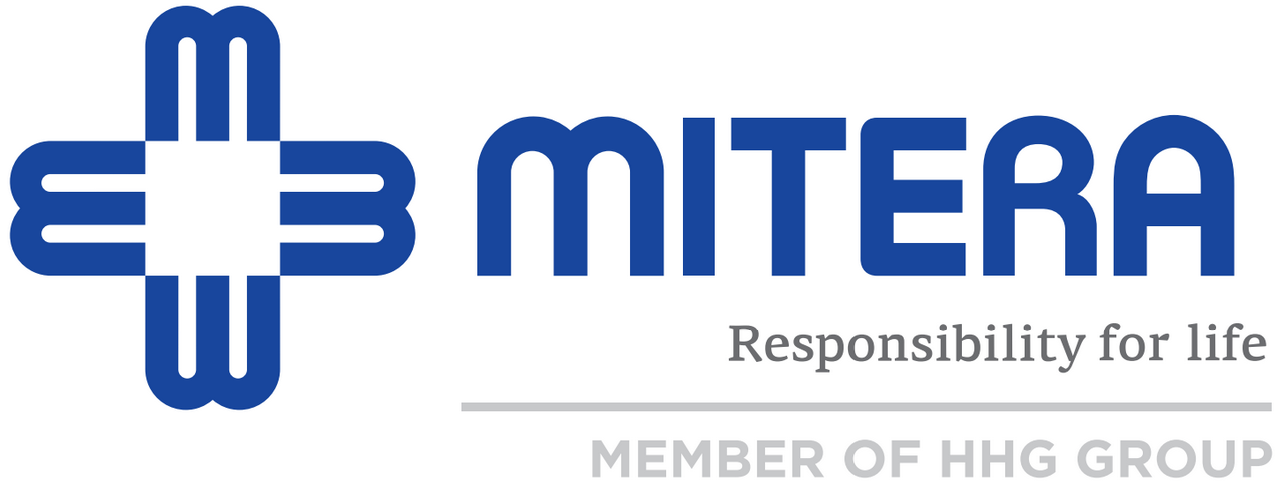Common surgeries in children
Children Surgery treats a wide range of congenital diseases that should be treated quickly after birth such as esophageal atresia, rectum abnormalities, chest and lung abnormalities as well as urinary abnormalities (congenital hydronephrosis, vesicoureteral reflux ) and abnormalities of the genital system (hypospadias, epispadia, Cryptorchidism), plastic surgery diseases (various clefts), etc.
Written by
Georgios Harmanis
Children’s Surgeon, Attending doctor in the Department of Paediatric Surgery of MITERA Children’s Hospital
Children Surgery treats also many acquired diseases of the peptic, respiratory and urinary system such as cecal appendix, various tumors of childhood, etc. Most of these diseases are not common in adults and approaching as well as treating those little patients is very much different than adults. Children should not be thought as “small adults”. These little patients should receive special treatment on a physical as well as on a psychological level by highly specialized doctors and are hospitalized either on public or private hospitals that have specialized personnel such as the MITERA Children’s Hospital.
Pre-operative control, surgical techniques, post-operative treatment, medicine doses, fluid balance and finally pain management are significantly different than adults. A children’s surgeon can treat many diseases except neurosurgical, ophthalmologic, renal and rhinopharynx, cardiosurgical and orthopedic diseases.
The most common surgical problems a children’s surgeon should treat can be diagnosed by a clinical examination and some of them demand paraclinical testing. In some cases, hospitalization after surgery has been limited to only a few hours. Some diseases do not require an immediate surgical intervention since a significant amount can be self-healed such as umbilical hernia during the first two years of life while others such as neonatal hemangiomas require monitoring for a long time.
Some diseases should be treated in cooperation with other medical specialties such as paediatricians or nephrologists in order to conclude on the monitoring schedule as well as surgical intervention time such as Vesicoureteral reflux. This particular disease requires a smooth cooperation between various medical specialties in order to avoid unnecessary paraclinical examinations and/or unnecessary operations.
Among the vast amount of childhood diseases, the most common diseases that require surgical treatment are the following:
- Inguinal hernia: It can be easily diagnosed and early treated by a scheduled surgery since it can result to serious complications that require urgent surgery.
- Hydro-hernia: Easily diagnosed and treated by a scheduled surgery performed after the first year of age.
- Umbilical hernia: Easily diagnosed and treated by a scheduled surgery performed after the second year of age.
- White line hernia: Easily diagnosed and treated by a scheduled surgery.
- Cryptorchidism: Easily diagnosed and treated by a scheduled surgery performed after the 18th month of age in order to avoid infertility issues.
- Testicular torsion: It presents severe clinical features and needs urgent operation since it can result to necrosis of the testicular tissue.
- Morgagni’s cyst: It presents milder clinical features compared to testicular torsion and it is conservatively treated.
- Phimosis: It is treated by circumcision.
- Vericocele: Easily diagnosed and confirmed by special examinations and tests. During childhood it is conservatively treated. In specific cases a surgery may be needed but this has to be concluded after laboratory tests.
- Tongue-tie: Easily restored during the first months of life.
- Brow cysts, supernumerary ears: Easily removed for aesthetic purposes during the first months of life.
- Neck cysts and fistula: Easily diagnosed and treated by a scheduled surgery.
In most of the above situations, pre-operative instructions are simple. The young patient can eat whatever he wants, as regards solid food and milk, up to the previous night to operation and liquids are allowed up to five hours before scheduled surgery. Infants and babies should follow the same instructions and drink diluted milk. In the morning of the scheduled surgery some necessary tests are done in the context of the pre-operative examination to ensure safe sedation and then the patient enters the operation room. Operations are generally short in duration and the patient is transferred to the recovery room and then to its hospitalization room where he stays for some hours. Before leaving the hospital, the surgeon as well as the anaesthesiologist provides some useful instructions to the parents.
Some other diseases that require different hospitalisation times are the following:
- Hypospadias: It is clinically diagnosed. The surgery is done after the first year of life and the surgeon should be highly specialised and experienced in order to achieve optimum functional and cosmetic results.
- Genitourinary stenosis: Easily diagnosed. Treatment is concluded after clinical examination and laboratory tests.
- Hypoplastic kidney: Diagnosed by tests and treatment is concluded after clinical examination and laboratory tests.
- Vesicoureteral reflux: The disease exposes kidneys to infection. Diagnosed by tests and treatment is concluded after clinical examination and laboratory tests. In some cases the patient should be monitored for a long time.
- Bowel Intussusception: It can be easily diagnosed by a clinical examination in children around 8 months of age and requires urgent treatment after the conduction of some laboratory tests. In some cases, it can be restored by the use of a special technique without surgery.
- Appendicitis: Characteristic clinical view at all ages; requires urgent operation after the conduction of some laboratory tests.
Surgeries in young patients are very unpleasant for parents. However, early diagnosis of a disease and its operation helps to avoid worse situations in the future. For that reason a doctor should deal each case with humanity and compassion, contributing thus to child’s treatment and also to the psychological support of the parents.
Children Surgery is a wide spectrum specialization that surgically treats any problems on little patients (embryos – Embryonic Surgery, up to 14 years or even 18 years in some countries – Children Surgery).


